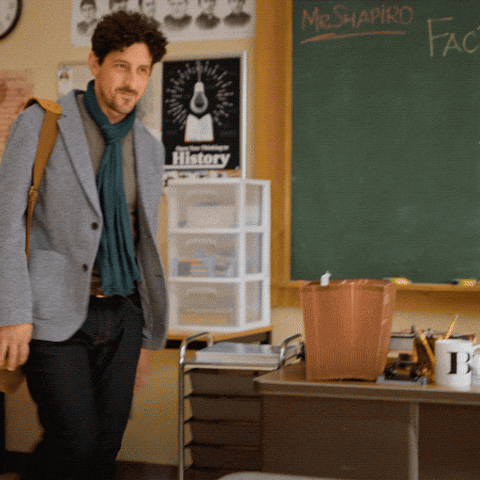
Guess what!? Since Late August I’ve been teaching an undergraduate course at the University of Utah School of Cultural and Social Transformation. Cool, right?
Turns out my students are wicked smart, committed to learning, and are pretty incredible at doing the internal work needed to fully get into disability studies.
Every week they’ve amazed me. And, let me say, I already had high expectations.
Because they have been doing so well, I dared to bring an extra awesome element into the course… #DSMA!
That’s right. Tomorrow night, Wednesday, September 29th at 9pm ET, I will be hosting #DSMA and asking their questions.
In class today, we talked about themes of disability identity and pride. Diabetes was one of the conditions we discussed. It was nothing short of remarkable. I’ll probably write about it more later. What I’ve seen other students really struggle with in the past, seemed to come with ease to this group.
To conclude the class, I introduced #DSMA – how it started, what it does for folx, and how lucky our class is to have this opportunity. Then, I asked students to volunteer to write questions they might like to ask. Admittedly, I fumbled through this. I wasn’t sure how I would encourage participation in, what must certainly feel like, such a high-stakes activity. At first, I asked students to simply raise their hands and say a question. Only two did (and you know they were the highly engaged students who participate in nearly every conversation). I could just tell that students had ideas but were holding back. So, I offered that students could walk up to the whiteboard and write their own questions at the same time. About 10 people volunteered. We had 12 questions on the board, but can ask a maximum of 8. So, we democratized the process.
On the way out of class, students made a tally mark next to their top three questions. If you have any experience with participatory action research, this may be sounding familiar.
The student-developed questions with the most marks, which we will be asking during the chat, are:
Introduction. What is your name, where are you from, and how do you identify: as a person w/ diabetes or as diabetic?
- How has being diabetic influenced how you view yourself?
- How has diabetes affected how you view society?
- Given the stigma toward diabetes, how do you feel about disclosing it to others?
- What is the worst representation of diabetes you’ve ever seen in the media?
- What is the worst thing a stranger has asked you about your diabetes?
- How do you engage with diabetic people who blame themselves for their diagnosis?
- How can those that don’t have access to adequate medical care/tech take pride in having diabetes?
Closing thoughts. What about living with diabetes gives you a sense of pride?

Incredible, aren’t they? So, tomorrow, I hope you will join us at 7pm MT/9pm ET for a chat answering these questions.
On Thursday, my students will be reflecting on your responses. And on Wednesday, many of them will be there with us watching and participating.
Pedagogy
My philosophy of teaching relies heavily on active learning and democratizing the classroom. Rather than lecturing, which may only encourage passive learning, I focus on activities and engagement. Students come into the classroom with knowledge sets built upon previous education, life experiences, and cultural-specific socializations. Active participation in activities like this ask the student to bring those knowledges forward. It is a way to scaffold their learning on top of, or alongside, what they already know. In previous classes, I’ve welcomed students to watch #dsma. I’ve even hosted while they watched to ensure the questions were relevant to the course material. But this semester… having the students write and vote on which questions to ask invites a much deeper form of engagement. I’m hoping the students are as excited as I am about this assignment and opportunity.
Hopefully, I will remember and stop by. I have not been to DSMA for years, but I bet I still know how to do it.
rick
LikeLike